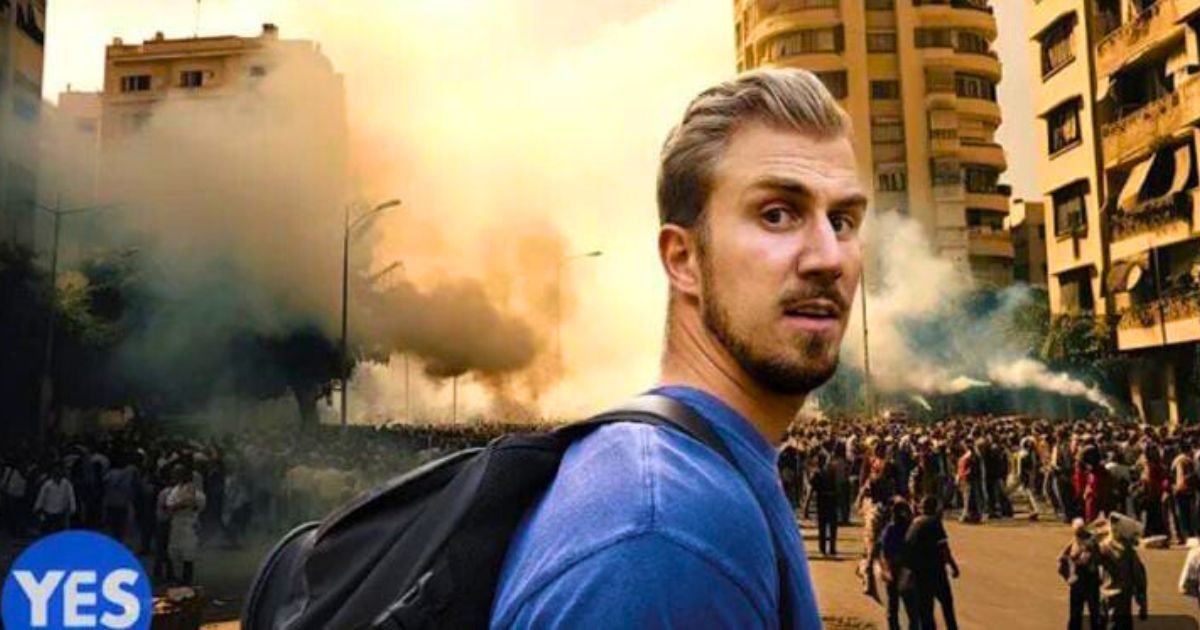Hours after a large group of prisoners escaped from Baabda Prison on Saturday, the Internal Security Forces (ISF) released their portraits to the public to facilitate the ongoing search for them.
In social media posts, the ISF urged citizens who have any information about any of the escapees to call 112 and share it, guaranteeing the anonymity of the caller.
But what’s interesting about the post are the reactions it got from Lebanese Twitter users, which ranged from hilarious jokes to fierce criticism of the Lebanese authorities.

The State of the State
“We are all prisoners under the mercy of the merciless state. If there even was a state, the conditions of prisons would be better, and [the prisoners] wouldn’t have escaped,” one Twitter user commented.
“I’m afraid that if someone informs you you’ll go and arrest him,” another said.
“Covering up the escapee, does it entail a punishment?” one person asked rhetorically.
“The state is asking us to report criminals who escaped prison when we’ve been reporting criminals who stole the nation for a year, and no one is hearing us,” another protested.
“In a country ruled by gangs of thieves and criminals, they circulated pictures of escapees! It’s ironic,” journalist Riad Kobaissi tweeted separately.
‘Prison Break’ in Prison?
The shocking escape reminded some people of their favorite TV show and made them wonder: “Looks like [the prisoners] have been watching Prison Break.”
One Twitter user hilariously made the ISF an expensive offer: “Talk in dollars… How much per head?”
Was the prison break expected? The person behind this comment seems to think so: “Even the forensic auditing firm ran away from you. You expect the prisoners not to escape?”
They’ll Go Back to Prison on Their Own…
“When they see that a kilo of tomatoes is for 7,500 L.L. they’ll return on their own.”
“Prison is better than the jungle outside. Tomorrow they’ll return for sure.”
These and dozens of other comments on the serious posts were certainly not what the ISF was looking for when it shared the photos.
However, they convey a message that has been vocalized loudly and repeatedly for the past year: The Lebanese people have no more trust left in the authorities that they blame for their worsening living conditions.
















